Self-assessment of Computer Vision and Machine Learning knowledge
You may want to try the following understanding questionnaires to assess your knowledge for CVML and autonomous systems!
You will get an instant assessment. Do not reply questions at random, if you want to get a true picture.
Assessment is fully private, Google forms records are deleted.
If you want to check your background knowledge for Computer Vision and Machine Learning studies go here.
If you want to upgrade your knowledge, you may try the course: http://icarus.csd.auth.gr/cvml-for-autonomous-systems/ and repeat your assessment.
Each test should take approximately 15 minutes.
Questionnaires
2D Computer Vision/Image Analysis
Introduction to 2D Computer Vision
Autonomous Drones
Introduction to Multiple Drone Systems
Multiple Drone Mission Planning and Control
Autonomous Systems and Robotics
Introduction to Autonomous Systems
Computer vision
3D Robot Localization and Mapping
Image Acquisition. Camera Geometry
Introduction to Computer Vision
CVML Development and Programming Tools
CVML Software Development Tools
CVML Mathematical Foundations
Human-centered computing
Image Processing
2D Digital Filter Design and Implementation
Fast 2D Convolution Algorithms
Introduction to Image Processing
Machine Learning. Pattern Recognition
Decision Surfaces. Support Vector Machines
Introduction to Machine Learning
Neural Networks. Deep learning
Artificial Neural Networks. Perceptron
Deep Semantic Image Segmentation
Generative Adversarial Networks for Multimedia Content Creation
Multilayer Perceptron. Backpropagation
Recurrent Neural Networks. LSTMs
Signal and Systems
Continuous-time Signals and Systems
Discrete-time Signals and Systems
Fast 1D Convolution Algorithms
Introduction to Signals and Systems
Video Processing and Analysis
OLD

